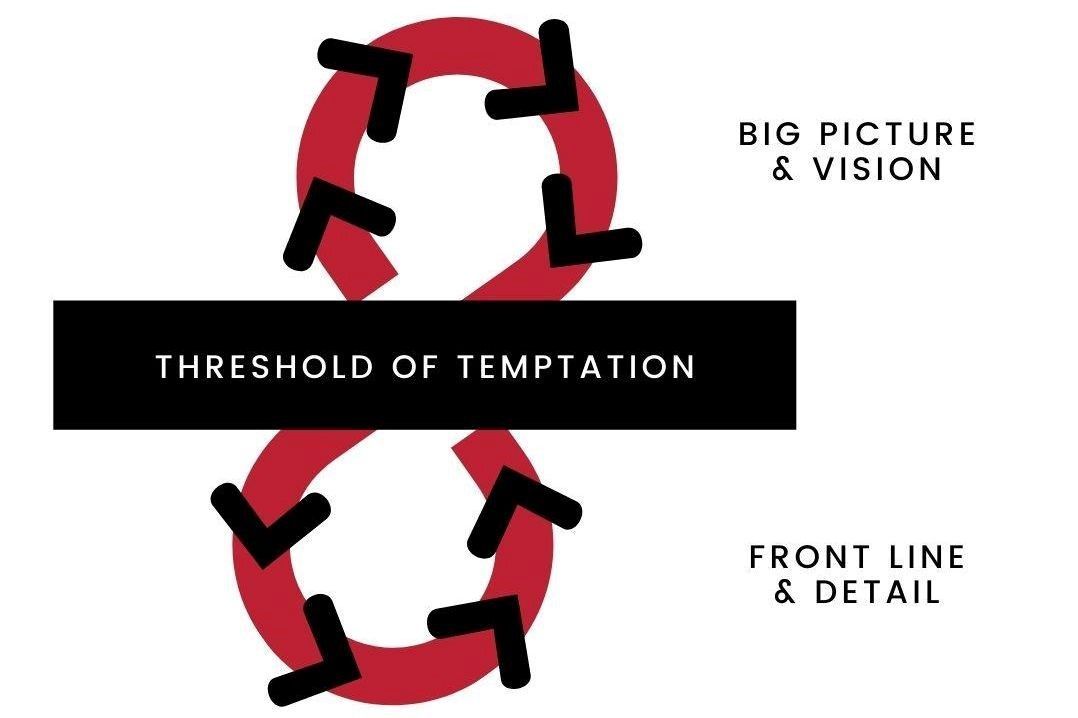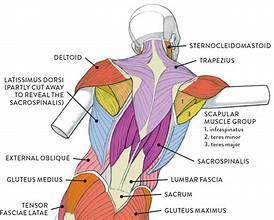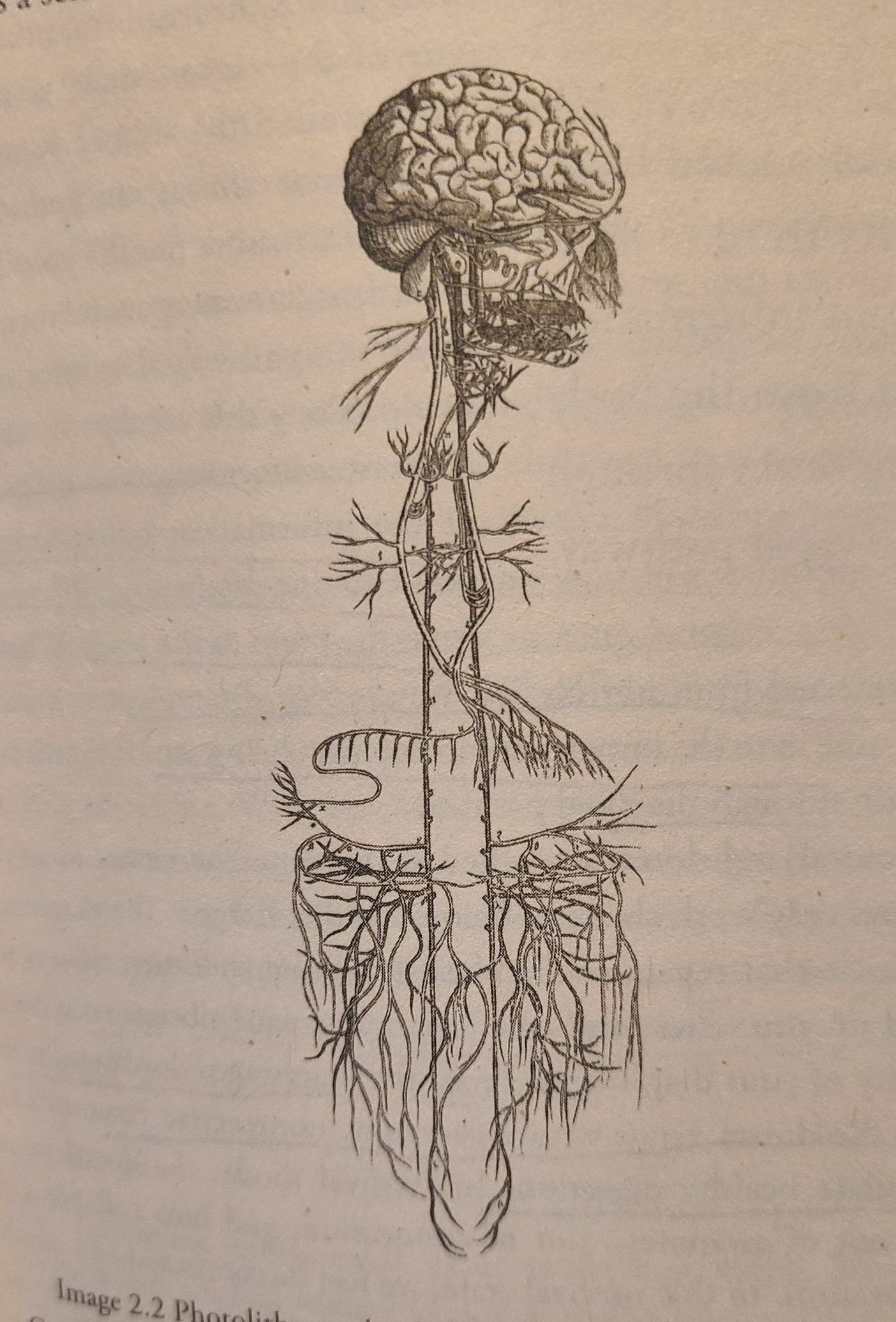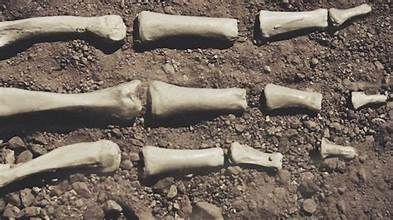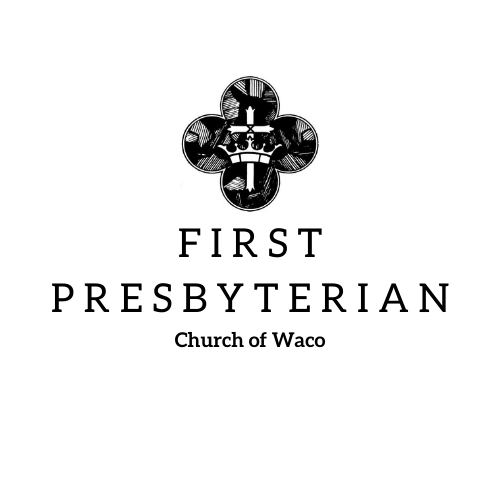Cooking Up Liturgy
Local Work and Local Relevance
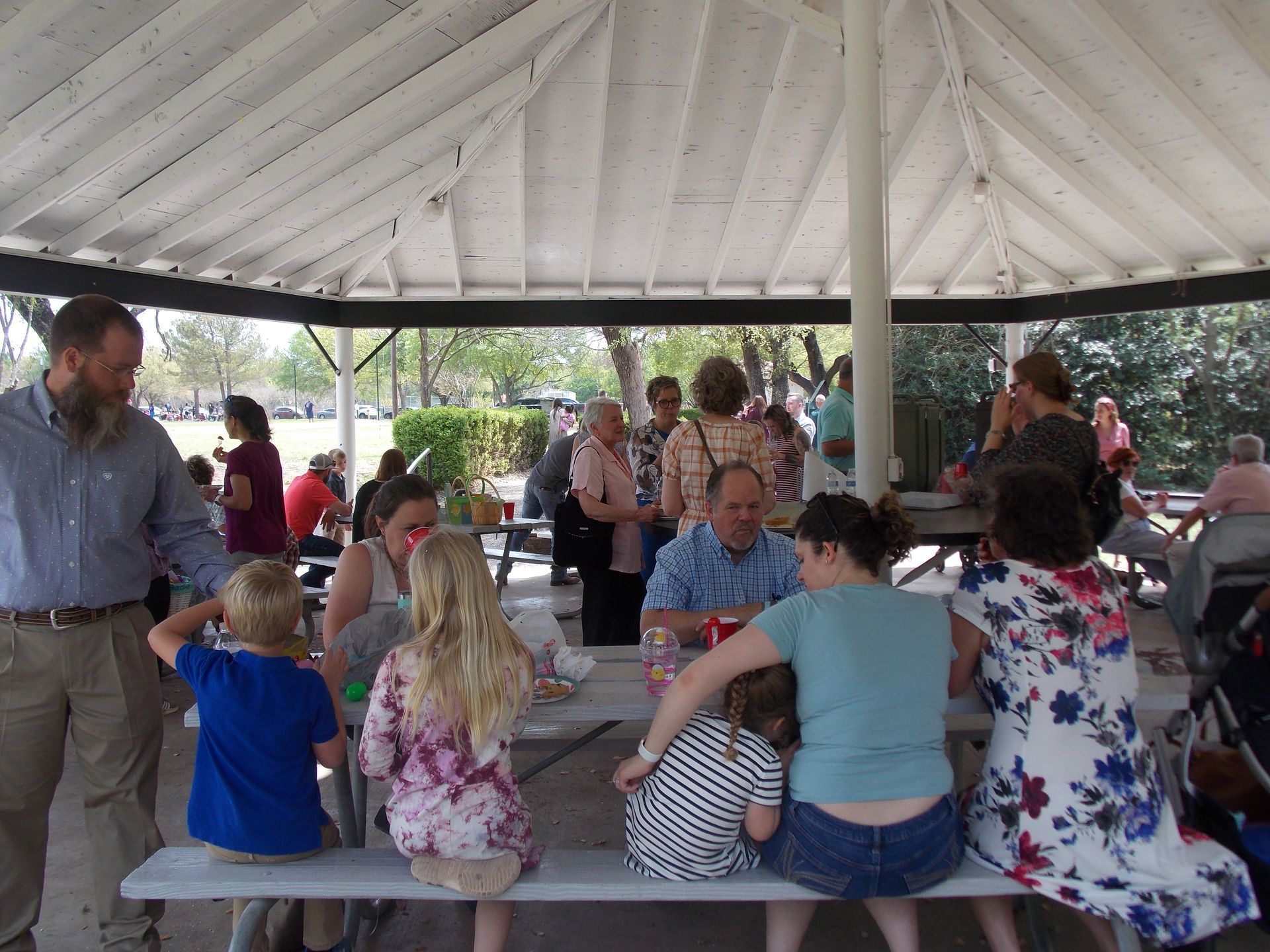
There is a strong argument to be made for hand-prepared, proximate food. Preparing and cooking up our own food has a powerful effect on nutrients, energy and sometimes even well-being. There is always an option to acquire food made some distance from our tables….made by other hands….other bundles of energy.
There is a similar and equally strong argument for liturgy that is written and offered in local congregations. Determining vocabulary key words, refrains and pace of content contributes to the energy of a worship service and maybe even the well-being of congregants within that worship service. There is always an option to acquire prayers and liturgy from published sources. And while those resources are excellent catalysts for our own creative efforts, they are a different and distant bundle of energy.
Whether preparing food or liturgy, the preparation can feel overwhelming. Here are some steps in the adventure and process that I enjoy each week when writing liturgy for the congregation in Waco. What do you enjoy when cooking up your liturgy?
Liturgy As Adventure and Process (not necessarily a linear process)
- Identify worship theme. The more a theme is anchored to an archetype, the more feeders the theme will have. A theme is often derived from anyone of the following
- Sermon series
- Scripture passages
- Liturgical calendar
- Current events
- Assess theme and its feeder ideas for any unnecessary constriction or restriction often found in negative assumptions about the people in the pews. Negative assumptions can impact liturgy in ways that paradox people from deeper prayer and reflection.
- Build a vocabulary cache of experience-related key words relevant to the theme. For example if the theme is wisdom experience based key words: ah-ha moment, memorization, rote learning, trial and error, mentor, student, classroom etc.
- Consider progression of experience within liturgy toward the theme that culminates in sermon or sacramental moment. On that same theme of wisdom, consider a progression from rote learning toward trial and error….toward ah-ha.
- Drafting prayers or affirmations that use active experienced-based verbs that are coupled with more esoteric or conceptual doctrinal ideas. Arranging the drafts with appropriate tension as a foreshadowing of the work that often happens in the sermons. Example: the theme of wisdom is full of the tension between what is known and not yet known (emerging) or may never be known. The kingdom as “here” and “not yet”.
Refining the drafted liturgy for the oral experience and for final expulsion of unnecessary constriction and restriction. Assuring there is space for memory and imagination in the liturgy.

